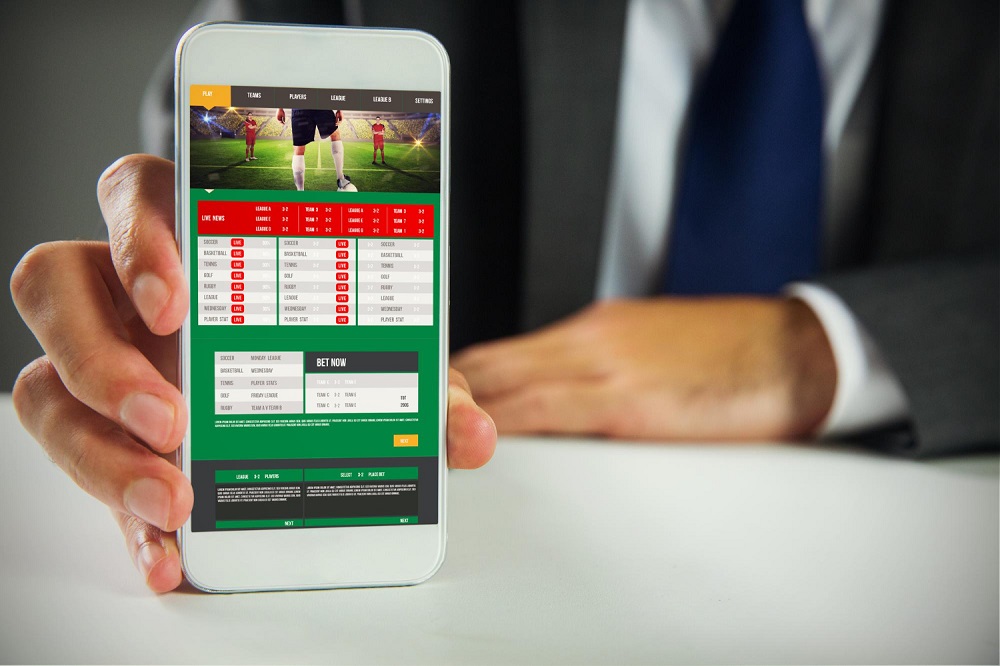When comparing first half bets to full game bets, it is essential to consider the strategic differences that can impact your betting experience. First half bets focus on the initial portion of the game, offering a more condensed timeframe for outcomes to unfold. In contrast, full game bets encompass the entire duration of the game, providing a more comprehensive view of team performance and dynamics.
One key difference is the level of risk and reward associated with each type of bet. First half bets may offer quicker results and a faster payout, but they also come with higher volatility due to the limited timeframe. On the other hand, full game bets provide a more stable and long-term approach, allowing for adjustments and insights to be gained throughout the entire game.
Additionally, the strategies employed for first half and full game bets can vary significantly. In first half bets, factors like momentum, early game strategies, and player rotations play a crucial role in determining outcomes.
In contrast, full game bets require a more holistic approach, considering factors like team consistency, endurance, and overall performance over the entire game duration.
Ultimately, understanding the nuances between first half and full game bets can help you make more informed betting decisions. By analyzing the specific dynamics of each type of bet and considering your risk tolerance and betting goals, you can develop a more strategic approach to maximize your chances of success.
Timing Considerations
Understanding timing considerations in betting on the first half versus the full game is essential for making informed decisions.
In the first half, the game tends to be more unpredictable as teams adapt to each other’s strategies, resulting in variability in scoring and performance.
Betting on the full game allows for a broader data set, considering teams’ performance throughout the entire duration. However, delaying bets until the second half may limit options and overlook potential opportunities.
Analyzing game flow and momentum shifts can help in making well-informed betting decisions for optimal outcomes.
Betting Options Available
When considering betting options for first half and full game wagers, bettors have a variety of strategic choices available. First half bets typically include traditional moneyline, spread, and total bets. In addition, bettors can explore alternative spreads or totals specific to the initial half of the game.
Full game bets offer similar options but cover the entire duration of the match. Live betting is another option, where odds adjust in real-time based on in-game developments. Parlays and teasers are popular for combining multiple selections into a single wager for both halves and full game bets.
Understanding these betting options is essential for making well-informed decisions and potentially increasing the likelihood of success.
Impact of Momentum Shifts
In sports betting, understanding the impact of momentum shifts is crucial when making first half and full game wagers. Momentum can significantly influence game outcomes by shaping team performance and determining the final result. Factors like scoring runs, turnovers, and big plays can trigger momentum shifts during a game.
Observing how momentum swings unfold can help bettors assess which team has an advantage and adjust their betting strategy accordingly. Monitoring these shifts is essential for making informed decisions on when and how to place bets based on the evolving dynamics of the game.
Injury and Lineup Changes
Being informed about injury and lineup changes is crucial for successful sports betting. Injuries to key players can have a significant impact on a team’s performance and the game’s outcome. It’s important to check for recent injury updates before placing bets to understand how they may affect the team’s strategy.
Additionally, lineup changes can also influence a team’s performance. A sudden alteration in the starting lineup can change the game dynamics and potentially affect the betting odds.
Strategies for Maximizing Profits
To optimize profits in sports betting, a strategic approach is essential. One effective tactic is conducting thorough research before placing bets. Analyze team performance, player statistics, and historical data to make well-informed decisions.
Specializing in specific sports or leagues where you have expertise can provide an advantage over bookmakers. Consider exploring underdogs or less popular markets for potentially more favorable odds.
It’s crucial to manage your bankroll wisely and avoid wagering more than you can afford to lose. Maintaining discipline and sticking to your strategy, even in times of losses, is paramount.
Conclusion
Understanding the differences between first half and full game bets can significantly impact your betting approach. Factors such as timing dynamics, betting options, momentum shifts, and lineup changes play a crucial role in decision-making. By carefully evaluating these aspects, bettors can make more calculated decisions to potentially increase their profits. Staying attentive to the game flow and being adaptable to strategic adjustments are key strategies to effectively capitalize on betting opportunities. Best of luck with your future betting strategies and endeavors.

